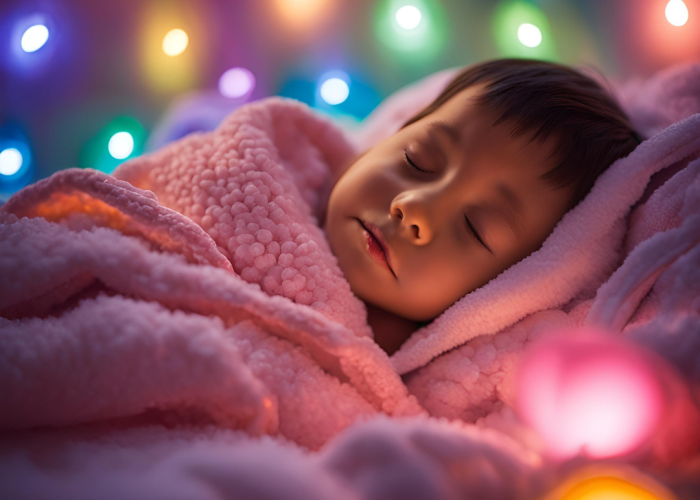- 01753 373 244 | 0800 999 1342 (Mon-Fri 9am-5pm)
- gems.4health@nhs.net

Whilst we can all expect a bad night’s sleep or oversleeping from time to time, for children with autism and ADHD it is more than this. Sleep issues can be common for young people and children with autism and ADHD. Children with autism and ADHD experience a higher rate of sleep problems compared to their neurotypical peers.
Up to 80% of children with autism have difficulty falling and staying asleep, while up to 50% of children with ADHD face sleep issues.
Understanding these sleep challenges and supporting effective strategies can have huge effects on the day-to-day life of the young person and their families.
Some common sleep challenges you may face:
It is sometimes difficult to identify what causes sleep issues in an individual as it will often come down to multiple factors. Here are some common factors that contribute towards sleep issues:
Establishing a consistent sleep routine can help improve sleep issues. Your routine can be anything that works for you and your family. This could be relaxing during bath time, completing some sensory circuits, or planning the next day. A routine can help communicate to the body and brain that it is time to sleep.
The environment we sleep in is especially important to a good night’s sleep, keeping the room cool, quiet, and dark may help. However, for some children, they may prefer to have night lights or projectors or some auditory stimulation at night. It is important to ensure that whilst children may prefer having these things, that they do not further interfere with sleep. You could practice relaxation techniques with your child, these are not only great for sleep but anxiety in general. Relaxation techniques could include sensory bottles, breathing techniques or progressive muscle relaxation.
If your child has fallen into tricky sleep patterns, like going to sleep or waking too early or late or taking naps. Over time you can gradually alter the timings in 15-minute increments.
Another way of helping your child have a restful night is encouraging physical activity and adequate mental stimulation throughout the day.
For persistent sleep problems, professional interventions may be necessary. This could include:
Professional help can be accessed via your GP or private practices.
Addressing sleep issues in children with autism and ADHD requires a comprehensive, tailored approach. By implementing consistent sleep routines, optimizing the sleep environment, and seeking professional help when needed, we can significantly improve sleep quality and overall well-being for those affected sleep issues.